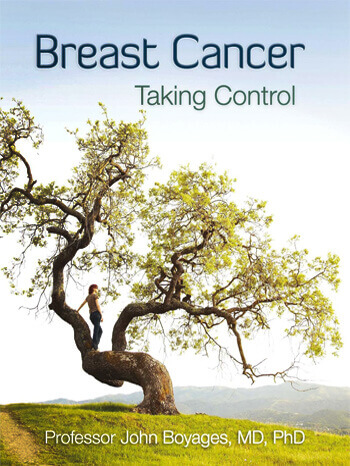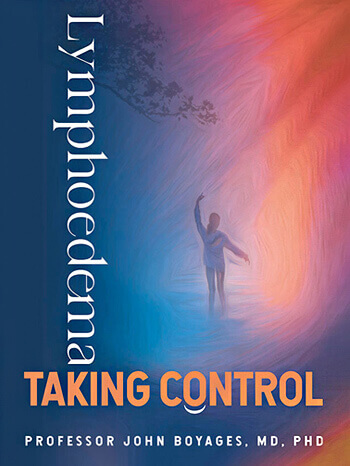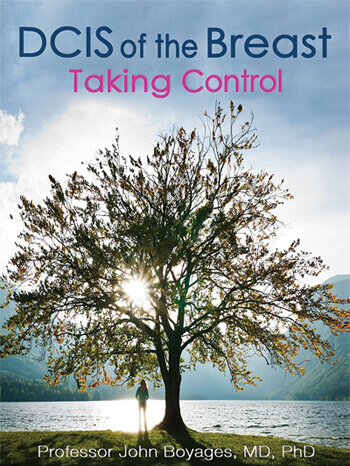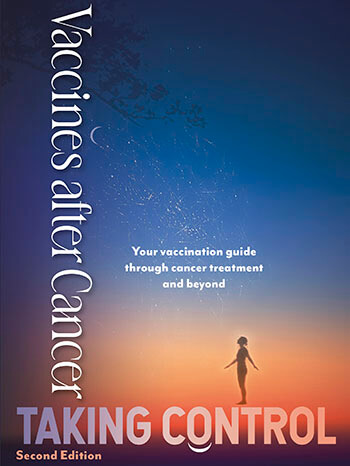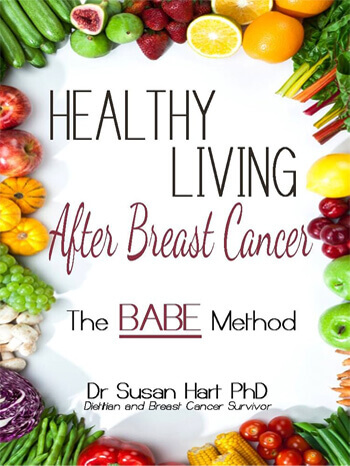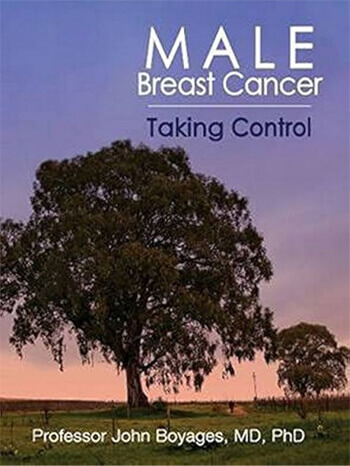
Male Breast Cancer: Taking Control by John Boyages (Author)
About
All you need to know to “take control” after a diagnosis of male breast cancer.
Male breast cancer is not common and often underdiagnosed and undertreated. Using the familiar image of a garden and a personal, plain English style, renowned breast cancer specialist Professor John Boyages, MD, PhD, walks you slowly through the stress and confusion of diagnosis, treatment, and life after male breast cancer.
In Male Breast Cancer: Taking Control, John Boyages provides you with all the information you or your family and friends need to take control, maximize your survival, and find your path to recovery.
Learn how to:
- Know the difference between “man boobs” and male breast cancer
- Have the right tests for an earlier diagnosis
- Avoid under- or overtreatment
- Ask your treatment team the right questions
- Choose treatments for your breast and lymph nodes
- Deal with stress, anxiety, fatigue, and sexuality during and after treatment
- Understand when chemotherapy is really required
- Get specific up-to-date information for male breast cancer and avoid pamphlets designed for females
- Achieve a more positive state of mind through inspiring and motivating patient stories and key take-home messages
Some key features:
- “Traffic-light” colors guide you through treatment phases
- 20 color-coded “Control Points”
- Clear end of chapter “Warning”, “Tip” and “Remember” icons and summaries
- End of chapter take home messages
- 10 real-life patient stories
- Plain English style with garden and other analogies to explain your breast cancer and its treatment
- Over 50 images and graphically designed diagrams
- Over 70 hand-picked web links
- Detailed glossary, key references and index (print version)
Reviews
I am a 9-year breast cancer survivor. Although very rare, approximately 1% of all breast cancer is diagnosed in men. It was estimated in 2010 that about 2,000 men in the U.S., approximately 200 men in Canada, 400 in the U.K., and 125 in Australia were diagnosed annually with male breast cancer (MBC). As a result, approximately 450 men in the U.S., 45 men in Canada, 80 in the U.K., and 25 in Australia will die from this disease each year. When diagnosed with the same type and grade of tumor at the same stage, the prognosis and treatment options for men are similar to those for women. Unfortunately, the overall prognosis for men is not as good as for women because, more often than not, MBC is diagnosed at a later, more advanced stage. Consequently, the survival rate for men diagnosed with breast cancer is about 76% compared to about 87% for women. This is in part due to the fact that many men are unaware that breast cancer is a disease that can affect them and also because men, in general, are reluctant to seek medical advice, especially about a breast issue. Consequently, my mission has become to increase MBC awareness and therefore, early detection.
In 2009 we established A Man’s Pink, an organization to support our Web site, www.malebreastcancer.ca, to increase MBC awareness and provide information and support to other MBC patients andsurvivors, and their support teams. In August 2011, A Man’s Pink was incorporated as a non-profitorganization in Canada, and in January 2012 in Florida. We received 501(c)(3) charitable status inthe United States in March of 2012.
As an MBC survivor, the information and support provided in this book is long overdue, especially for the men who have recently been diagnosed with this disease, and for the survivors who continue their battle with breast cancer. Within this book, there is a wealth of essential information and insight that I really wish had been available to me when I was diagnosed 10 years ago. To realize that MBC awareness and acceptance continues to increase assures me that we are continuing to make a difference. This book will definitely help many men diagnosed with breast cancer now, and in the future, gain the strength, the support, and the positive state of mind that is required to deal with their diagnosis and ensuing journey.
Many thanks John,
—Herbert Paul Wagner
Male breast cancer survivor, advocate, and CEO of A Man’s Pink
When diagnosed with male breast cancer 4 years ago, my doctor gave me a copy of Professor John Boyages’s first book Breast Cancer: Taking Control. I found this book incredibly helpful in understanding this illness despite the fact that the book was written primarily with women’s breast cancer in mind. It really did help me in taking control of my life after my breast cancer diagnosis. Male Breast Cancer: Taking Control is comprehensive, very well written and most importantly easy to understand.
Ron Gordon
Male breast cancer survivor, Perth, Western Australia


